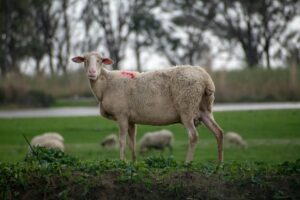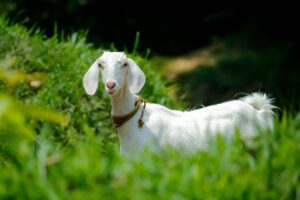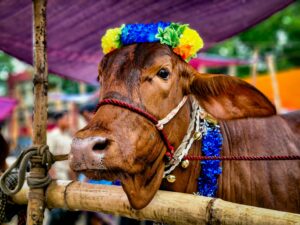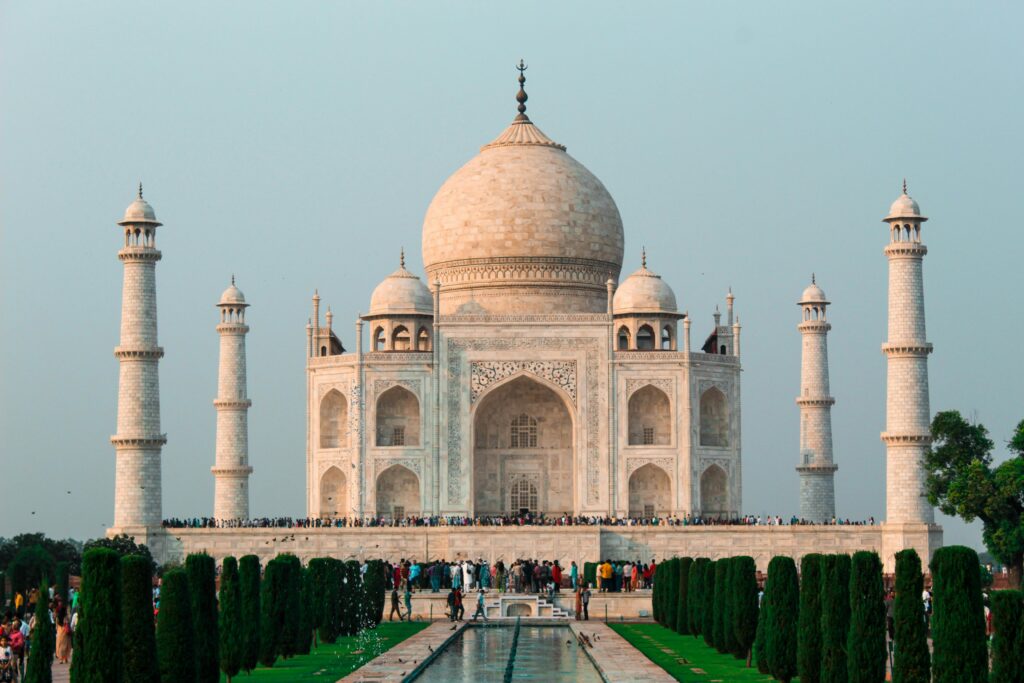
The Eid al-Adha, or “Festival of Sacrifice,” is the most sacred of Islamic festivals observed by Muslims throughout the entire world. It occurs on the 10th day of Dhu al-Hijjah, the tenth and last month of the Islamic calendar year, and is the climax of the Hajj pilgrimage to Mecca annually. Both religious, Eid al-Adha holds deep religious, social, and ethical meaning which still inspires millions annually.
The history of Eid al-Adha began with the history of Prophet Ibrahim (Abraham), who was tested by Allah deeply. Ibrahim, according to Islamic history, was instructed by Allah to sacrifice his dearest son, Ismail (Ishmael), as a demonstration of obedience in a dream. Ibrahim went ahead and prepared to do so forthwith. Allah, at the eleventh hour, however, stopped him and substituted Ismail with a ram, i.e., it was a test of faith. In commemoration of this demonstration of obedience and submission, Muslims worldwide celebrate the ritual of Qurbani, the slaughtering of an animal—a goat, sheep, cow, or camel, usually.
Qurbani’s sacrifice is not a ritual; it’s a surrender to Allah’s will and sacrifice of what we love to a noble cause. The meat of the sacrifice is distributed into three portions: one portion is distributed among the poor and needy, one portion is distributed among the relatives and friends, and one portion is kept by the family. The practice gives a sense of generosity, equality, and concern for society so that even the poor will be included in the celebration. Eid al-Adha begins with a special prayer that is recited in huge amounts in mosques or open grounds. The people wear their best clothes and assemble, shoulder to shoulder, without considering social or economic status. The prayer is followed by a sermon that generally emphasizes the virtues of sacrifice, mercy, and thankfulness.
Besides the rituals, Eid al-Adha is also a day of celebration and fellowship. Families gather to eat, give gifts, and socialize with their neighbors and friends. It is a day of self-reflection too—over the place religion occupies in life, over the blessings of the world, and over the responsibility of caring for others. The festival is rooted in values that transcend boundaries and cultures, and it serves as a reminder to Muslims of their oneness with mankind as a whole.
For the rich, doing Qurbani is a cleansing of wealth and expressing gratitude to Allah. For the poor, the offering of meat as a present is not only for sustenance but also for belongingness and dignity. In an all-too-often-broken world of narcissism and consumerism, Eid al-Adha is a powerful reminder of humility, compassion, and devotion. It reminds Muslims not only of the tale of Prophet Ibrahim, but of the same readiness to sacrifice in everything they do—to the cause of their faith, their loved ones, and their society.


